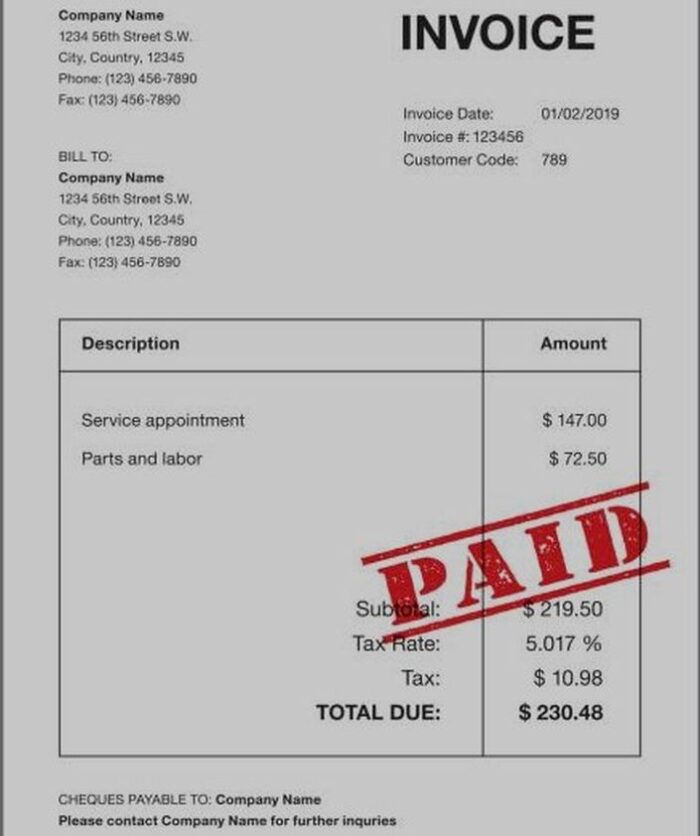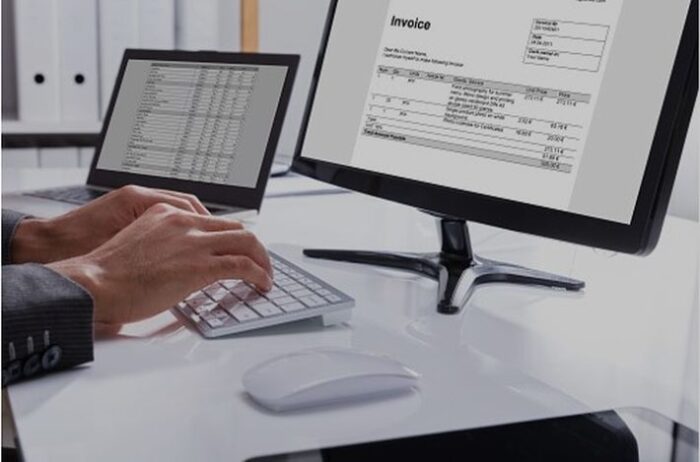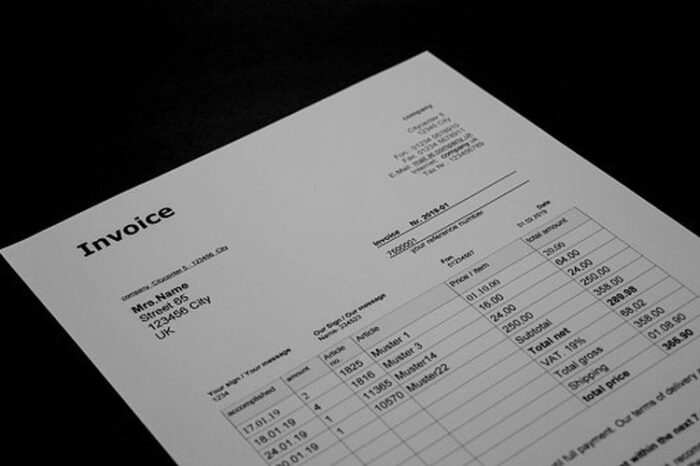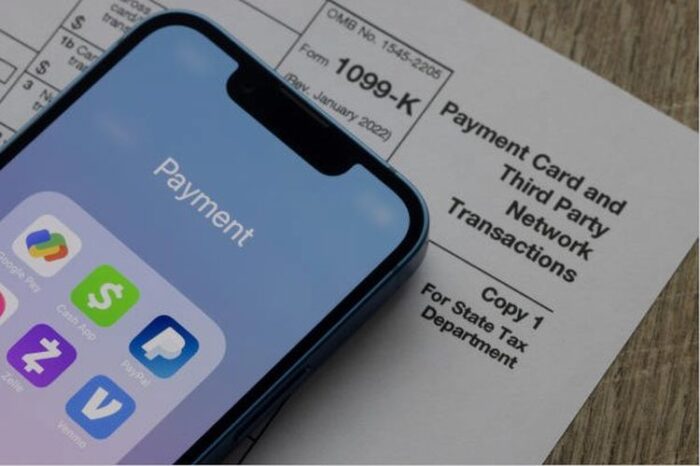
An invoice is a critical document for any construction or contracting business. It serves as a record of the work performed, materials provided, and a request for payment from the client. A well-crafted invoice can help ensure timely payment, while a poorly designed invoice can lead to confusion and delays.
Finding the best invoice format and template for residential contractors and construction companies can be daunting. This is usually because there are different options to explore, bearing in mind that they have pros and cons.
In this article, we’ll explore the different invoice formats and templates available to residential contractors and construction companies and provide tips for selecting the best one for your business. Firstly, let’s get to know who residential contractors are and the five common types of residential properties.
Who is a residential contractor?

Residential contractors provide construction, repair, and improvement services for residential properties, such as single-family homes, apartments, townhomes, etc. They can work on new construction projects and renovations and remodeling projects.
They specialize in specific construction areas, such as framing, plumbing, electrical work, or roofing. They also offer general contracting services, which circle project management.
These contractors are either self-employed or work for a larger construction company. They can work with homeowners, developers, and real estate agents to plan and execute construction projects.
It is important for residential contractors to be skilled in their trade and to have a thorough understanding of building codes and regulations in their area. They should also be able to provide accurate cost estimates and invoices, manage budgets and schedules, and communicate effectively with clients.
Five common types of residential properties

Several types of residential properties can be found in the housing market. Here are five common types:
- Single-family homes: These are standalone houses that are designed to be occupied by a single family. They can range in size from small cottages to large mansions and are typically found on a plot of land.
- Duplexes: Duplexes are houses divided into two separate units, each with its entrance and living space. They are often used as rental properties, with one unit occupied by the owner and the other rented out.
- Townhouses: Townhouses are attached homes similar to single-family homes, but they are smaller and closer together. They are often found in urban or suburban areas and may be part of a larger community or development.
- Apartments: Apartments are multi-unit buildings divided into smaller, individual living spaces. They are typically rented out, and the landlord is responsible for maintaining the property.
- Condos: Condos are multi-unit buildings that are owned by individual units rather than rented out. Condo owners are responsible for maintaining their units, but a homeowners’ association typically maintains the building and common areas.
It’s important to note that these are just a few of the many residential properties available. The specific features and amenities can vary widely depending on the location and price range.
Types of Invoice Formats

There are several different invoice formats that residential contractors and construction companies can choose from. Here are a few of the invoice formats:
- Itemized Invoice: An itemized invoice lists each item or service separately, along with the quantity and price. This invoice is helpful for businesses that provide various products or services, as it allows the client to see exactly what they are paying for.
- Block Invoice: A block invoice lists all the items or services provided in a single block. This type of invoice is simple and easy to understand, but it may not be as detailed as an itemized invoice.
- Time and Materials Invoice: A time and materials invoice lists the hours worked, materials used, and associated costs. This type of invoice is often used by contractors and construction companies, as it allows the client to see the exact cost of the work performed.
- Flat Rate Invoice: A flat rate invoice lists a single price for a specific task or project, regardless of the actual time or materials used. This type of invoice is helpful for businesses offering fixed-price services, as it lets the client know exactly what they will be paying in advance.
- Recurring Invoice: A recurring invoice is sent regularly, such as monthly or quarterly. This type of invoice is helpful for businesses that provide ongoing services, as it allows the client to budget for their expenses in advance.
Tips for Selecting the Best Invoice Format

When selecting the best invoice format for your company, be sure to keep the following in mind:
- Type of Work: The type of work you do will often dictate the invoice format you use. For example, if you provide a variety of products and services, an itemized invoice may be the best option. If you offer fixed-price services, a flat-rate invoice may be more appropriate.
- Client Preferences: It’s important to consider your clients’ preferences when selecting an invoice format. Some clients prefer a more detailed invoice, while others prefer a more straightforward, easier-to-understand design.
- Legal Requirements: Depending on your location, invoices may have specific legal requirements. Be sure to familiarize yourself with these requirements and choose an invoice format that meets them.
- Ease of Use: The best invoice format is easy to use and understand. Consider the complexity of your business and choose a format appropriate for your needs.
- Professional Appearance: The appearance of your invoice can make a big impression on your clients. Choose a professional and organized format, and proofread for any errors or typos.
Invoice Template Options

Once you’ve determined the best invoice format for your business, the next step is to choose a template. There are several options available, including:
- Pre-designed Templates: Many pre-designed invoice templates are available online or through invoicing software. These templates are convenient and easy to use and can be customized with your business information and branding. They are, however, to be used carefully as they must be tailored to suit your business and give the feel of your business.
- Custom Templates: If you want a more unique and personalized invoice, you can create your template. This allows you to design the layout and include any specific information important to your business.
- Blank Templates: Some businesses prefer to start with a blank template and build their invoices from scratch. This can be a good option if you have specific formatting or layout requirements that need to be met by pre-designed templates. This option for many usually takes a long time. It is much easier if you have some experience with invoicing before you start building your invoice from scratch.
Tips for Creating an Effective Invoice Template

Regardless of which template option you choose, there are a few key elements that should be included on every invoice:
- Company Information: Your invoice should include your business name, contact information, and any relevant tax or registration numbers.
- Client Information: Make sure to include the name and contact information of the client on the invoice.
- Invoice Number: Assign a unique invoice number to each invoice you create. This helps with tracking and organization.
- Date: Include the invoice’s creation date and payment due date.
- Itemized List of Services or Products: If you use an itemized invoice format, list each service or product provided, along with the quantity and cost.
- The total cost of the work should include materials, labor, and applicable taxes or fees.
- Payment Terms: Clearly state your payment terms, including any applicable late fees or interest charges.
- Signature: If you are sending a physical copy of the invoice, include a space for a signature to confirm receipt.
Sample invoice template

Here is a sample invoice template that includes all of the above information:
[Your Company Name]
Invoice #: [Invoice Number]
Date: [Date]
To: [Customer Name]
Address: [Customer Address]
Phone: [Customer Phone]
Email: [Customer Email]
Project Description: [Description of Work Performed]
Materials Used: [List of Materials]
Total Hours: [Total Number of Hours]
Total Cost: $[Total Cost]
Payment Terms: [Payment Terms]
Thank you for your business!
[Your Company Name]
[Your Address]
[Your Phone]
[Your Email]
Construction estimating software

Residential construction estimating software is a tool that helps residential contractors and construction companies create accurate and detailed cost estimates and invoices for residential construction projects. These software programs typically include material and labor databases, customizable templates for creating estimates, and tools for managing and tracking multiple projects.
Some of these software programs also offer integration with project management and accounting software, which can help streamline the estimating and invoicing processes.
This software can help contractors and construction companies create more accurate and professional estimates, improve their bidding process, and increase profitability. It can also reduce the time and effort required to develop estimates, allowing contractors to focus on other aspects of their business.
In all, every residential contractor or construction business must have an invoice. Using the right invoice structure and template will facilitate prompt payment and effective customer communication.
Ensure your invoice template contains all the necessary information and is formatted neatly and professionally. You can develop valuable and productive invoices for your residential construction or construction business company with some technical know-how.



